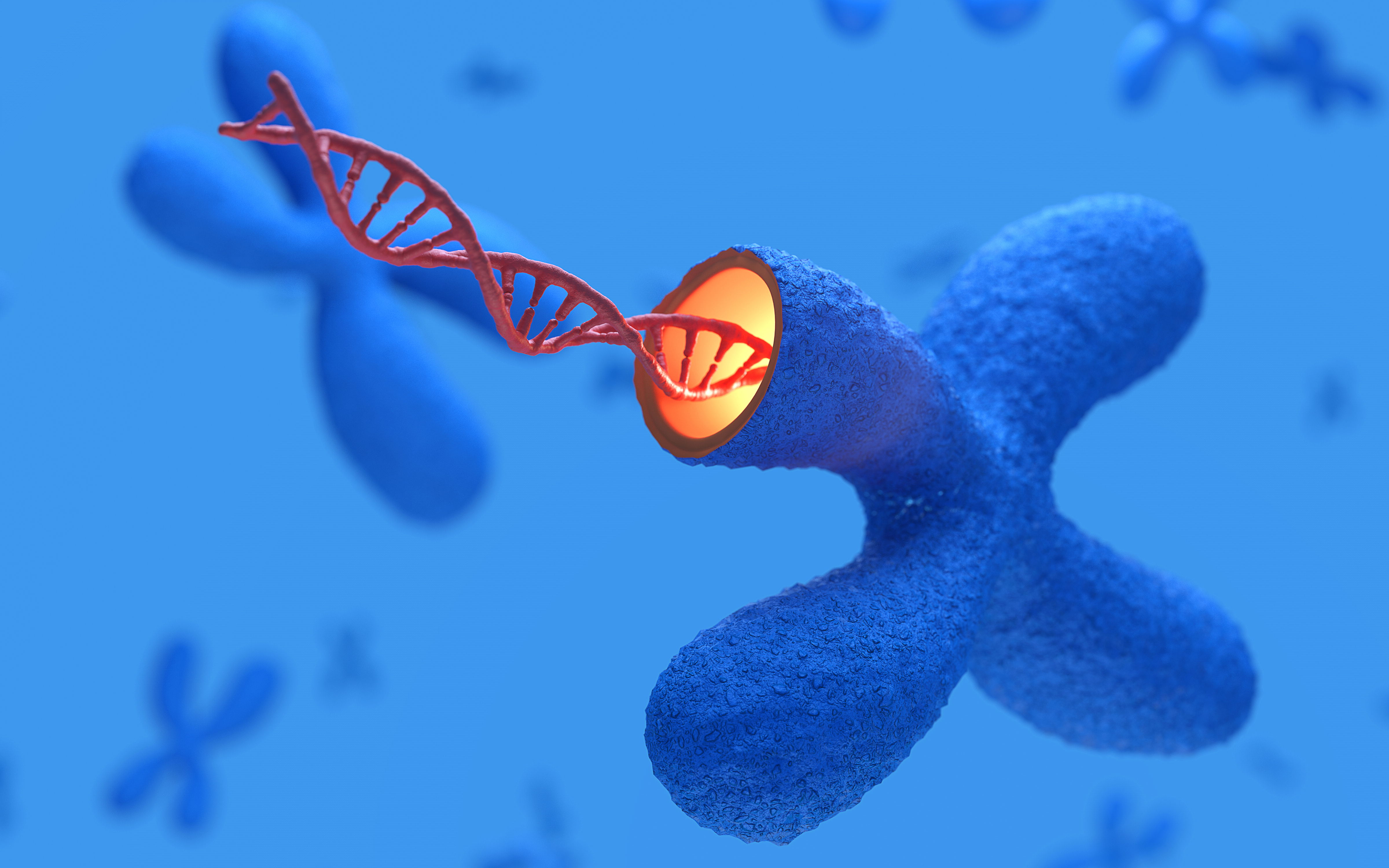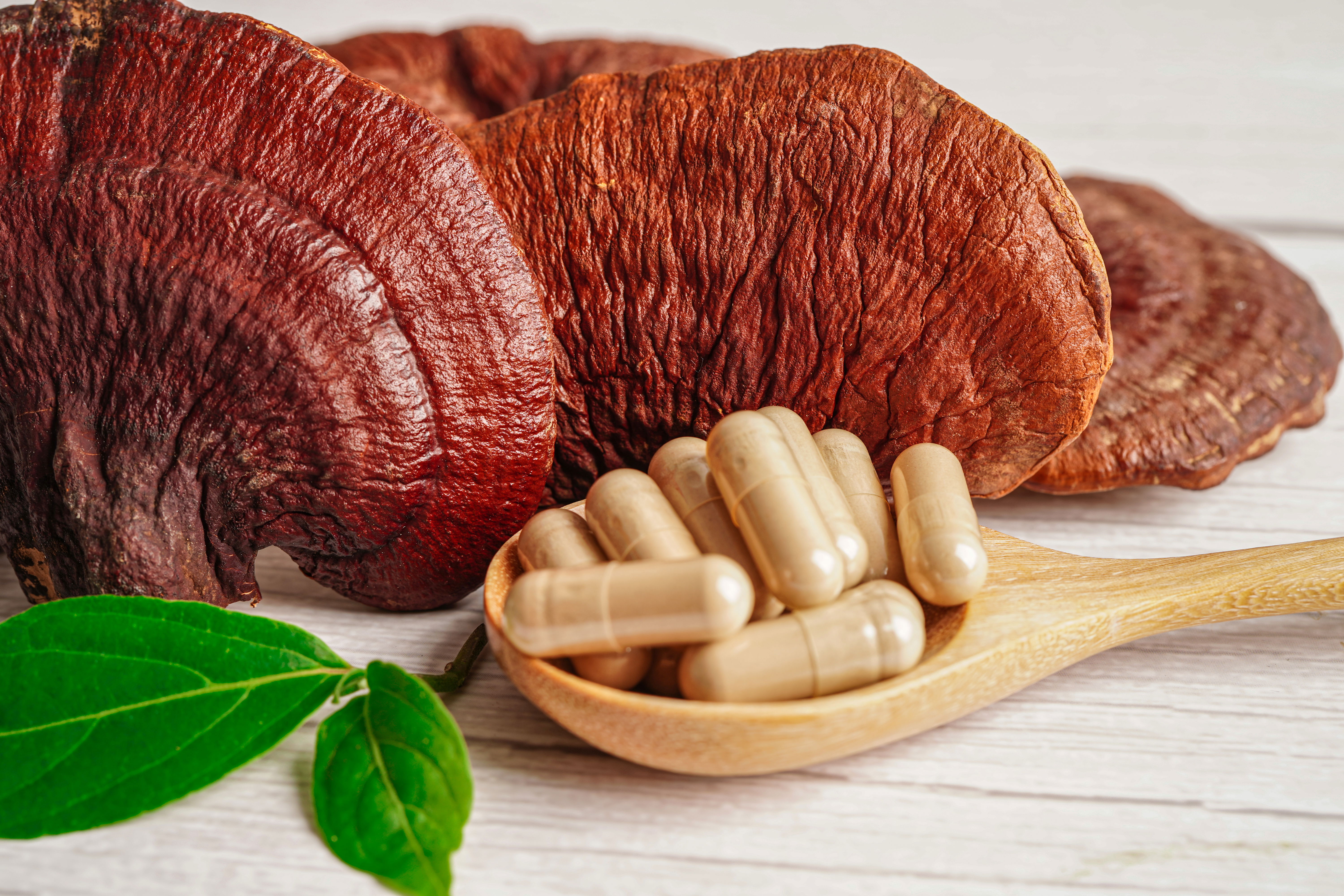Telomeres and Aging: The Secret to a Longer, Youthful Life.
Telomeres, the protective caps at the ends of our chromosomes, diminish in length as we age, eventually becoming too short to safeguard the DNA double helix from unravelling. The longevity of our telomeres correlates with the number of years we have for healthy DNA replication. The shorter they become, the more it potentially reduces our lifespan.
What are Telomeres?
Your DNA resides in the cell nuclei, packaged into structures known as chromosomes. Each chromosome contains genes that carry distinct genetic information. During cell division, chromosomes replicate to ensure each new cell has a full set.
At the tips of chromosomes are segments called telomeres, which safeguard the chromosome ends from deterioration or merging with adjacent chromosomes. Telomeres act as protective "caps" for DNA strands, consisting of repeated DNA sequences and particular proteins, anchoring the ends of chromosomes—these compact spirals of DNA and proteins within cells.

How Telomeres Impact our Health and Longevity?
Every time cells divide, telomeres are trimmed to allow the DNA to be read, resulting in the gradual shortening of the telomere until it becomes too short, leading the cell to either stop dividing or undergo programmed death, known as apoptosis. Additionally, there are instances where cells do not die but become senescent, releasing inflammatory substances that can hasten the aging process.
A study published in The Lancet in 2003 revealed that among a cohort of seemingly healthy individuals over 60, those with shorter telomeres experienced higher mortality rates due to heart disease and infectious diseases.
In 2013, a pioneering study revealed that lifestyle modifications, including changes in exercise, diet, stress management, and social support, were linked to an increase in telomere length among a small cohort of men with low-risk prostate cancer.
A review from 2022 indicated that consistent moderate to vigorous physical activity may aid in maintaining telomere length.
Additionally, a 2021 study published in GeroScience suggests that telomere length may influence perceived age. The study analysed survey data from more than 400,000 individuals in the UK Biobank, which is a comprehensive health information repository for residents of the United Kingdom. It revealed that individuals with genetic markers indicating longer telomeres were more inclined to report that others often perceived them as younger than their actual age.
Telomeres have a significant role in relation to cancer risk. As telomeres shorten, the DNA replication process during cell division becomes more prone to errors, potentially raising the risk of cancer. Moreover, cancer can arise if the telomerase enzyme becomes improperly active in cells where it is normally inactive.
What makes telomeres shorter and can we make our telomeres longer?
The encouraging aspect is that we possess significant control over our telomeres. Common lifestyle missteps such as a toxic processed diet, sugar, environmental toxins, a sedentary lifestyle, and chronic stress can shorten them. Shorter telomeres are associated with various aging issues and elevate the risk of conditions beyond grey hair, including heart disease, cancer, immune dysfunction, and others.
Conversely, a diet rich in whole foods and phytonutrients, coupled with exercise, meditation, adequate sleep, love, and certain natural supplements, may help to extend telomere length.
A 2018 study with over 5,000 adults indicated that a higher intake of fiber correlates with increased telomere length. This association may stem from fiber's role in regulating blood glucose levels. Elevated blood glucose has been linked to inflammation and oxidative stress, which can contribute to further shortening of telomeres. Incorporating fiber-rich foods and a variety of vegetables into your diet may decelerate aging and aid in the prevention of telomere shortening.

Stress is another significant factor that contributes to the shortening of telomeres. When stressed, the body produces hormones that can lead to oxidative stress, potentially causing more DNA damage and further shortening of telomeres.
A 2004 study observed women caring for chronically ill children—a situation that can significantly elevate stress levels. These caregivers had shorter telomeres, lower telomerase activity, and higher levels of oxidative stress compared to women caring for healthy children. Similarly, a 2016 study found that individuals who exhibited a rise in cortisol, the primary stress hormone, in response to stressors experienced increased telomere shortening over several years.
Engaging in exercise can offer numerous health advantages, such as reducing inflammation and oxidative stress.
A 2017 study involving thousands of participants in the United States examined the link between exercise and telomere length. The findings indicated that individuals engaging in high levels of physical activity had considerably longer telomeres compared to those with low or moderate activity levels. No significant difference was observed between the low and medium physical activity groups.
Recent findings indicate that certain mushrooms and plants, long used in traditional medicine as adaptogens, are linked to longevity and the prevention of telomere shortening. The Reishi mushroom (Ganoderma lucidum), a well-researched mushroom famed for its longevity benefits, has been utilized in traditional Asian medicine for centuries to support heart health, enhance longevity, and prevent cancer.

The Astragalus root (Huang Qi), a staple in traditional Chinese medicine, has been also studied for its potential to promote longevity. It is believed to activate telomerase, an enzyme that may extend the length of telomeres and the lifespan of cells. Additionally, Astragalus contains compounds such as formononetin, calycosin and Astragaloside IV, which may regulate the anti-inflammatory and immune systems.
Telomeres serve as protective caps for chromosomes, shielding them from deterioration. As they shorten over time, this process is linked to aging and the onset of diseases. However, emerging research indicates potential strategies to influence this progression via diet, stress reduction, and physical activity. Although these insights are in the early stages, it is well-established that a combination of regular exercise, balanced nutrition, and effective stress management contributes to a wide range of health and anti-aging benefits.
Suggested Reading:
"Young Forever" - The Secret to living your longest, healthiest life by Dr. Mark Hyman
"The Telomere Effect" - A Revolutionary Approach to Living Younger, Healthier, Longer by Elizabeth Blackburn and Ellisa Epel
If you like this article you may want to read Blue Zones: The World's Path to Health and Longevity